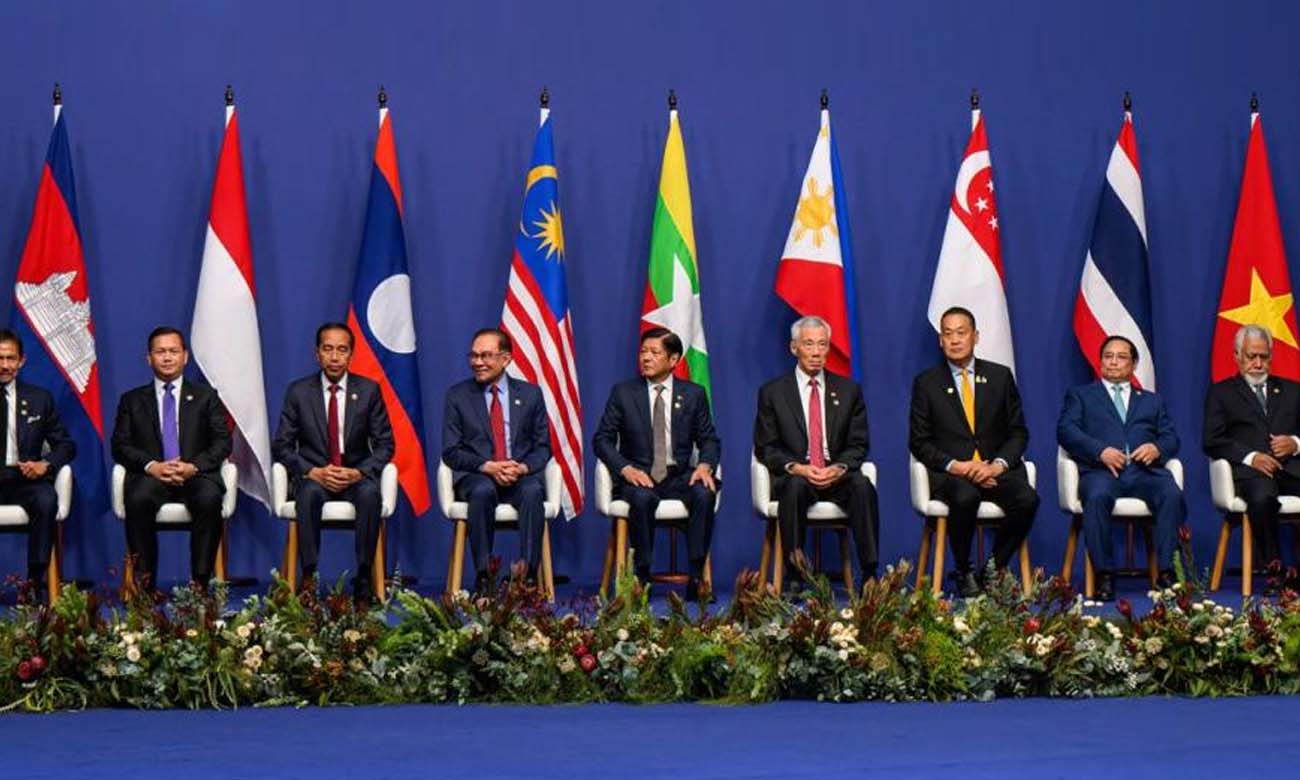In 2025, Southeast Asia’s human resources sector is undergoing profound transformation. Driven by economic growth, digitalization, and globalization, the region faces a complex landscape marked by both opportunities and challenges.
The Dual Nature of Digital Transformation
Digitalization has become the most prominent feature of the HR landscape in Southeast Asia. The widespread adoption of HRTech tools has significantly improved operational efficiency, allowing HR professionals to shift their focus to strategic initiatives. The use of big data analytics enables companies to better predict employee turnover and optimize recruitment strategies. However, new technologies also widen the skills gap. Workers in traditional industries are facing increasing pressure to reskill, posing a challenge for both businesses and governments.
New Characteristics of the Labor Market
Southeast Asia benefits from a youthful workforce, which provides a strong foundation for continued economic growth. With the ongoing integration of the ASEAN Economic Community (AEC), cross-border mobility of talent is becoming more frequent and accessible. At the same time, the rise of remote work has made cross-border employment a new norm. Despite the abundant labor supply, competition for high-skilled talent—especially in emerging sectors such as digital technology and green energy—is increasingly intense.
Evolving Regulatory Environment
Labor regulations across Southeast Asia are being continually refined. Minimum wage levels are adjusted annually, and social security coverage is expanding in scope. Cross-border employment introduces new compliance challenges related to visas, taxation, and contractual obligations. In countries like Cambodia and Vietnam, labor protections are particularly strict, requiring companies to pay close attention to compliance and fair labor practices.
Future Directions
The HR function is shifting from an administrative support role to that of a strategic business partner.
This transition requires HR professionals to acquire new capabilities such as data analytics, change management, and digital fluency.Enterprises must also focus more on the employee experience by offering personalized benefits and continuous learning opportunities.Diversity, equity, and inclusion (DEI) will become essential to building a productive and inclusive workplace environment.
In this dynamic market, companies that embrace digital transformation, respond effectively to the competition for talent, and ensure full compliance with local regulations will secure lasting competitive advantages in Southeast Asia’s HR landscape.




